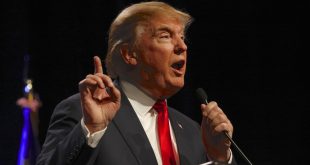The European Central Bank (ECB) is grappling with a growing divide among policymakers regarding the economic outlook. While some fear a looming recession, others remain concerned about persistent inflation pressures. This divergence is likely to shape the rate cut debate for months to come, as the eurozone economy navigates a precarious path.
The core of the debate centers on how economic weakness and a potential recession will impact inflation, the ECB’s primary objective. While the bank is committed to reducing inflation to 2% by the end of 2025, the diverging views on economic growth and its relationship to inflation make policy decisions increasingly complex.
Policy doves, who are in the minority, argue that the economy is weaker than anticipated and that recession risks are rising. They point to signs of softening in the labor market, such as firms starting to cut vacancies, as evidence of a deteriorating economic outlook. They contend that a decline in employment will lead to lower disposable income, which will, in turn, weaken consumer spending and exacerbate the economic downturn.
These doves believe that a weaker economy will put downward pressure on prices more quickly than currently forecast, increasing the risk of inflation falling below the ECB’s target. As a result, they advocate for more aggressive interest rate cuts to support the economy and prevent a potential recession.
On the other hand, there are concerns that persistent inflation pressures may require the ECB to maintain a more hawkish monetary policy stance. While the headline inflation rate has been declining, underlying inflationary pressures remain elevated, particularly in areas such as services. Some policymakers argue that premature or excessive rate cuts could reignite inflationary pressures, making it more difficult to achieve the ECB’s inflation target.
The ECB’s decision on interest rates will be a delicate balancing act between supporting economic growth and maintaining price stability. As the economic outlook becomes increasingly uncertain, the central bank will need to carefully assess the risks and trade-offs associated with different policy options. The outcome of this debate will have significant implications for the eurozone economy and its ability to navigate the challenges ahead.

 Noor Trends News, Technical Analysis, Educational Tools and Recommendations
Noor Trends News, Technical Analysis, Educational Tools and Recommendations




